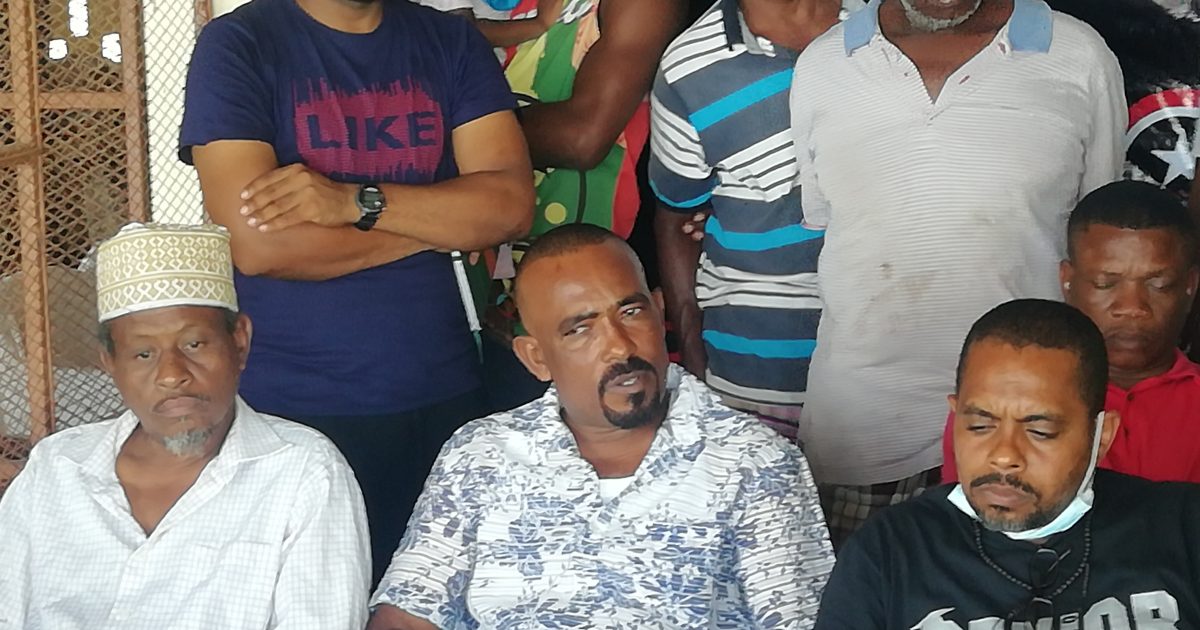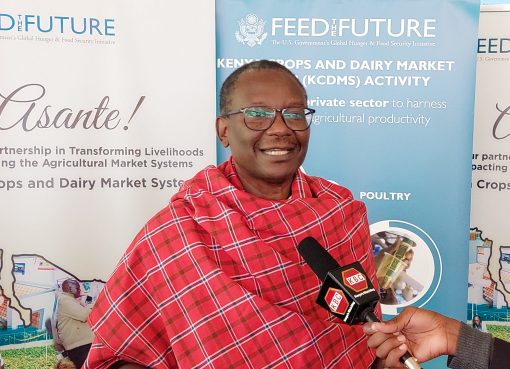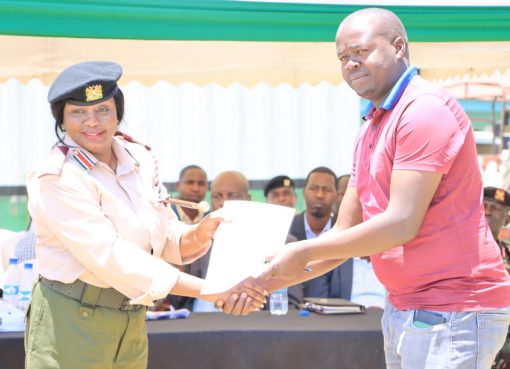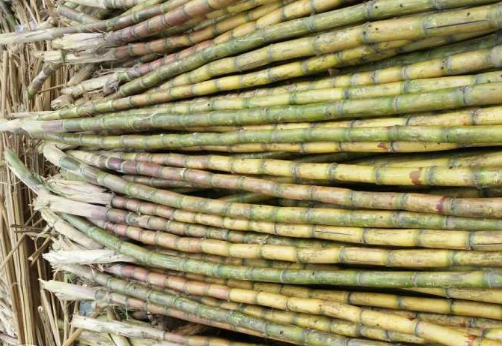Lamu Fishermen have voiced their concerns over the government’s decision to steer ahead with the Kenya-Somali border dispute case at The Hague currently, indifferent to their non-involvement in the case stating that they are likely to suffer the most if Kenya loses in its bid to retain its territorial waters.
Kenya and Somalia have since 2014 been engaged in a protracted dispute over a maritime boundary which escalated that year with Somalia suing Kenya at the International Court of Justice for the territorial waters in which the Lamu fishermen have plied their trade way before independence.
Somalia’s top hierarchy for the last couple of years have also tactfully been using other foreign countries, its Parliament and the executive to isolate and reclaim the territorial waters, which Kenya believes belongs to her.
Speaking to KNA today during a press conference held at Lamu Archipelago Somo bin Somo, Chairman of the Beach Management Unit Network in Lamu expressed concern over the national government’s oversight in including the fishermen in the Kenya-Somali maritime case at The Hague whose proceedings are set to begin next week.
He further noted that anxiety is high among members of the fishing community over their fate in case Lamu loses the Kiunga fishing waters in the maritime dispute which he added makes up for the bulk in fish catches in Lamu and the wider coastal region.
Kiunga, is Kenya’s border town to Somalia, with most fishermen plying their trade in the Kiunga waters which are fish rich, especially with the loss of traditional fishing grounds in Kililana area due to the dredging exercise that paved the way for the Lamu Port.
“Already our fishermen are concerned they might not be able to fish in Kiwayu, Kiunga Mwambore, and Ishakani with the risk of attacks due to the dispute as had been the case previously until Kenyan security forces intervened to secure the territorial waters,” Somo stated.
Is’haq Abubakar, a Save Lamu activist who also spoke to KNA revealed plans to raise resources for legal representation for the fishermen at The Hague in a bid to have them enjoined in the case and to have their voices heard.
“Despite us being a poor community, we have been raising resources to have some representation of over 10,000 Lamu fishermen and have our say even if not our way,” Is’haq said adding that there is still time for the court to have the fishermen involved in the case for the purpose of a fair trial.
However, The Hague court has already ruled that only four witnesses can participate in the session, there is a risk that they will be locked out from delivering our views.
According to Abubakar Mohammed Twalib, a Lamu Fish dealer and organizing secretary for Lamu’s Beach Management Unit, the interests of the two states should transcend beyond the Kiunga waters, which he noted are speculated to be oil and gas rich.
“There are a lot of interests in the Kiunga waters and it is only fair that the fishermen’s interests which transcend borders is also heard,” Abubakar said.
With the disputed area accounting for at least 70 percent of Lamu’s fish catch the stakes are high for the fish industry in Lamu, with fishermen and stakeholders worried that a loss for Kenya would signal a decline in achieving a blue economy in the county.
“We are set to hold a massive demonstration next week in protest to the proceedings of The Hague case which will commence next week, without our involvement, which can be key to the country retaining its territorial waters and the fishing industry in Lamu and the wider coastal area not being at risk,” Adam Lali Vice Secretary Save Lamu and Lamu East Beach Management Unit official stated.
by Amenya Ochieng





